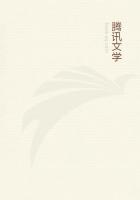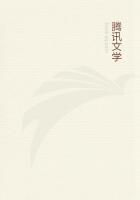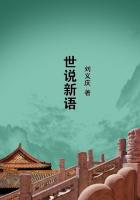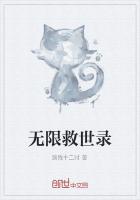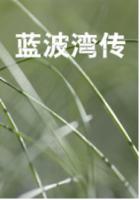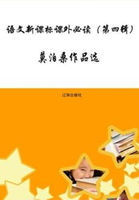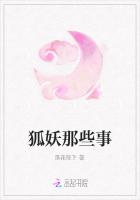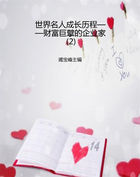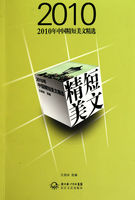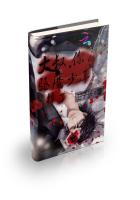After this another surgeon was called, who gave him oil of anise-seed and wine, which increased his suffering." [Observ. et Curat. Med. lib. XXZ obs. xiii. Frankfort, 1614.] Now if this was the Homoeopathic remedy, as Hahnemann pretends, it might be a fair question why the young man was not cured by it. But it is a much graver question why a man who has shrewdness and learning enough to go so far after his facts, should think it right to treat them with such astonishing negligence or such artful unfairness.
Even if every word he had pretended to take from his old authorities were to be found in them, even if the authority of every one of these authors were beyond question, the looseness with which they are used to prove whatever Hahnemann chooses is beyond the bounds of credibility. Let me give one instance to illustrate the character of this man's mind. Hahnemann asserts, in a note annexed to the 110th paragraph of the "Organon," that the smell of the rose will cause certain persons to faint. And he says in the text that substances which produce peculiar effects of this nature on particular constitutions cure the same symptoms in people in general. Then in another note to the same paragraph he quotes the following fact from one of the last sources one would have looked to for medical information, the Byzantine Historians.
"It was by these means" (i.e. Homoeopathically) that the Princess Eudosia with rose-water restored a person who had fainted!"
Is it possible that a man who is guilty of such pedantic folly as this,--a man who can see a confirmation of his doctrine in such a recovery as this,--a recovery which is happening every day, from a breath of air, a drop or two of water, untying a bonnet-string, loosening a stay-lace, and which can hardly help happening, whatever is done,--is it possible that a man, of whose pages, not here and there one, but hundreds upon hundreds are loaded with such trivialities, is the Newton, the Columbus, the Harvey of the nineteenth century!
The whole process of demonstration he employs is this. An experiment is instituted with some drug upon one or more healthy persons.
Everything that happens for a number of days or weeks is, as we have seen, set down as an effect of the medicine. Old volumes are then ransacked promiscuously, and every morbid sensation or change that anybody ever said was produced by the drug in question is added to the list of symptoms. By one or both of these methods, each of the sixty-four substances enumerated by Hahnemann is shown to produce a very large number of symptoms, the lowest in his scale being ninety- seven, and the highest fourteen hundred and ninety-one. And having made out this list respecting any drug, a catalogue which, as you may observe in any Homoeopathic manual, contains various symptoms belonging to every organ of the body, what can be easier than to find alleged cures in every medical author which can at once be attributed to the Homoeopathic principle; still more if the grave of extinguished credulity is called upon to give up its dead bones as living witnesses; and worst of all, if the monuments of the past are to be mutilated in favor of "the sole law of Nature in therapeutics"?
There are a few familiar facts of which great use has been made as an entering wedge for the Homoeopathic doctrine. They have been suffered to pass current so long that it is time they should be nailed to the counter, a little operation which I undertake, with perfect cheerfulness, to perform for them.
The first is a supposed illustration of the Homoeopathic law found in the precept given for the treatment of parts which have been frozen, by friction with snow or similar means. But we deceive ourselves by names, if we suppose the frozen part to be treated by cold, and not by heat. The snow may even be actually warmer than the part to which it is applied. But even if it were at the same temperature when applied, it never did and never could do the least good to a frozen part, except as a mode of regulating the application of what? of heat. But the heat must be applied gradually, just as food must be given a little at a time to those perishing with hunger. If the patient were brought into a warm room, heat would be applied very rapidly, were not something interposed to prevent this, and allow its gradual admission. Snow or iced water is exactly what is wanted; it is not cold to the part; it is very possibly warm, on the contrary, for these terms are relative, and if it does not melt and let the heat in, or is not taken away, the part will remain frozen up until doomsday. Now the treatment of a frozen limb by heat, in large or small quantities, is not Homoeopathy.
The next supposed illustration of the Homoeopathic law is the alleged successful management of burns, by holding them to the fire. This is a popular mode of treating those burns which are of too little consequence to require any more efficacious remedy, and would inevitably get well of themselves, without any trouble being bestowed upon them. It produces a most acute pain in the part, which is followed by some loss of sensibility, as happens with the eye after exposure to strong light, and the ear after being subjected to very intense sounds. This is all it is capable of doing, and all further notions of its efficacy must be attributed merely to the vulgar love of paradox. If this example affords any comfort to the Homoeopathist, it seems as cruel to deprive him of it as it would be to convince the mistress of the smoke-jack or the flatiron that the fire does not literally "draw the fire out," which is her hypothesis.
But if it were true that frost-bites were cured by cold and burns by heat, it would be subversive, so far as it went, of the great principle of Homoeopathy.


